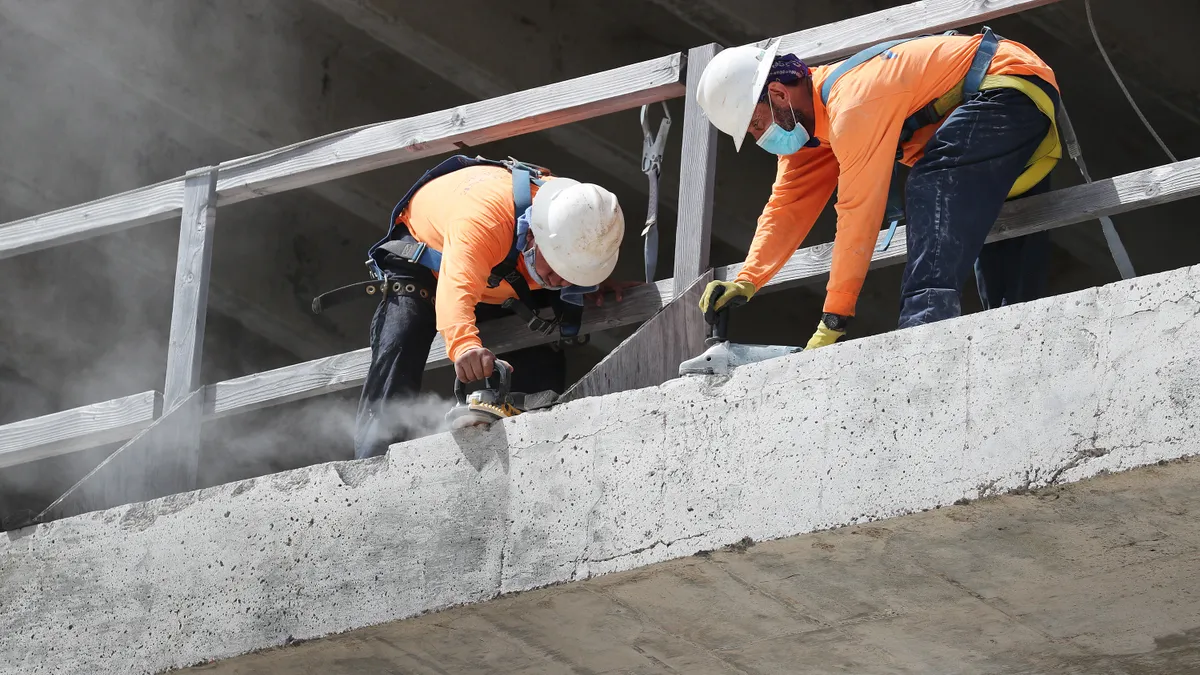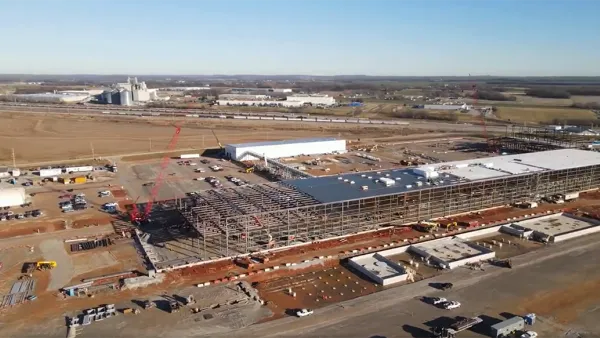Dive Brief:
- MGT Construction's Chapter 7 bankruptcy trustee has requested that the court approve his plan to hire a special legal team that will attempt to recover potential undisclosed assets in an effort to pay $28 million to the contractor's creditors, according to Richmond BizSense. Richmond, Virginia-based MGT currently claims assets of $50,000.
- If the judge approves the plan, the new "special litigation counsel" would investigate and potentially prosecute former MGT employees and its parent company, commercial real estate brokerage Cushman Wakefield | Thalhimer, in attempts to pay off the reported 500 companies and individuals that are owed money. Since the company has limited declared assets, the attorney or attorneys who take on the project would receive a $25,000 advance against 35% for recoveries up to the first $5 million; 33% for recoveries between $5 million and $7.5 million and 30% for recoveries that exceed $7.5 million.
- MGT filed for Chapter 7 bankruptcy protection in February, according to the Richmond Times-Dispatch. The decision came after a former employee filed an October lawsuit against the company alleging mismanagement and violations around an employee stock ownership plan. The legal action said the "fraudulent scheme" caused money problems at MGT and precipitated a drop in the value of company stock.
Dive Insight:
The alleged financial improprieties at MGT, according to Richmond BizSense, resulted in a 2016 overpayment of cash distributions to participants in the company stock plan. They were ordered to return the money, but Thalimer made repayments on behalf of the employees instead.
These employee stock ownership plans, also known as ESOPs, are popular employer-sponsored savings and retirement programs, allowing those who work hard for their companies a chance to reap the rewards of those efforts beyond a paycheck.
When a company establishes an ESOP, existing stockholders sell a portion of their shares back to the company and then those shares are distributed to employees based on their percentage of total payroll. The vesting period is typically three to five years, and when the employee retires or otherwise leaves the company, he or she must sell the stock back for reallocation to remaining employees. Employees don't pay for their shares, giving them a cash payoff for years of "sweat equity."
ESOPs can be particularly attractive to construction company executives who worry that a future buyout could result in the shuttering of operations and cost loyal employees their jobs.













